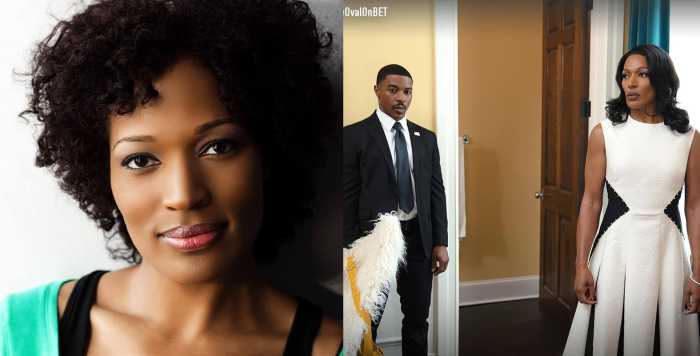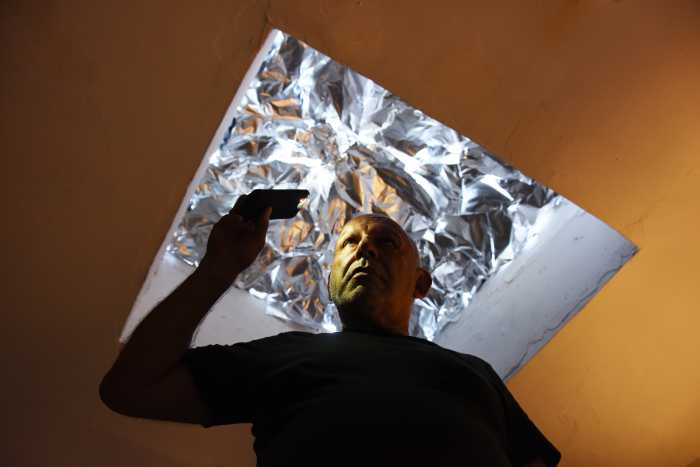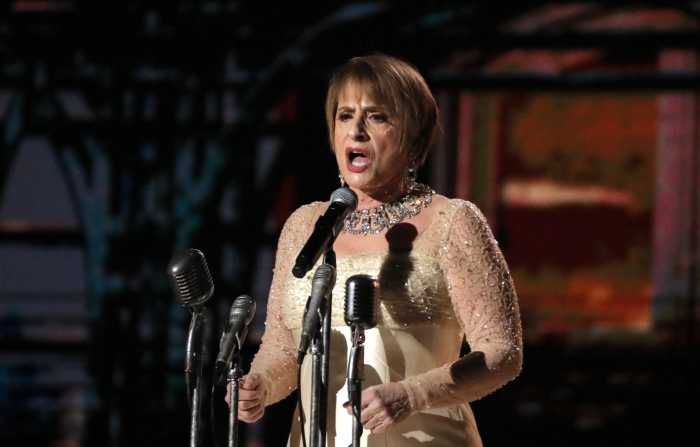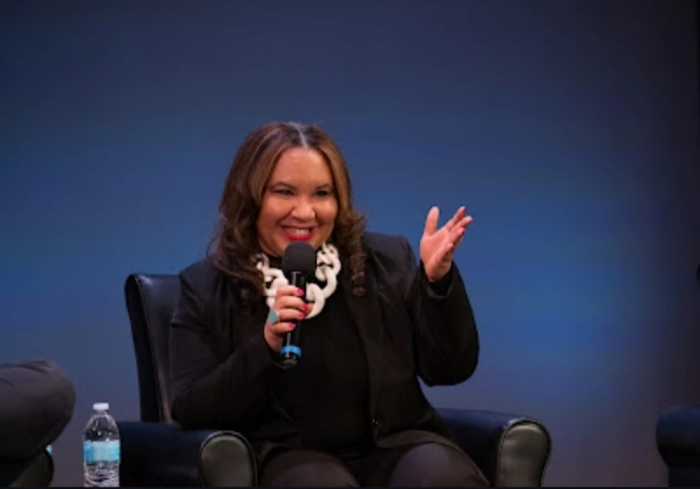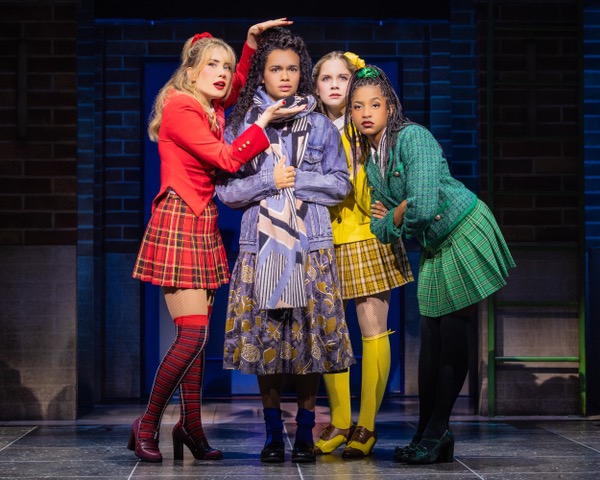When I was ten years old, I wrote a letter to Tom Hanks. As a lifelong performer, I was moved by his portrayal of Forrest Gump and Woody from “Toy Story.” To my surprise, the legendary actor wrote me back!
Tom Hanks is not the only actor to portray someone with a disability. Dustin Hoffman’s performance as “Rain Man,” an Academy Award winning film, was a watershed moment when it came to representing people on the Autism spectrum.
But too often, these neurotypical actors are the only ones representing my community on screen.
According to research by the Ruderman Family Foundation, fewer than 1% of television characters have disabilities and of those, only 5% are portrayed by actors with disabilities. And in the workforce in general, department of Labor statistics illustrate that younger disabled Americans are employed at a much lower rate than Americans without disabilities.
This is not because we lack skill or talent. For example, I have perfect pitch, meaning I can emulate a precise note just by hearing it, and synesthesia where I see the notes with color. Despite being diagnosed with Autism at age two, and not speaking until I was 4, I now sing and perform on stage with the theater company EPIC Players. I starred as “Seymour” in Little Shop of Horrors and “Prince Ferdinand” in The Tempest. And I even landed a role in the off-Broadway play Bernie and Mikey’s Trip to the Moon. But throughout my life, I’ve had to fight to get into certain spaces, because of how I was perceived.
As a child, my parents fought to get me into a mainstream school but when I arrived I made friends and flourished. In high school, I faced resistance when I wanted to play the cello on stage with the rest of my orchestra because it was thought that I may act strangely, but I performed as well as anyone else.
All I wanted was to be seen with other students, performing alongside them as I am.
All disabled and neurodiverse performers need is an opportunity. There’s another iconic performer from my childhood who means a lot to me: Dan Akroyd. I saw him in Blues Brothers and Ghostbusters and like many people, adored his characters. But what most people did not know at the time was that Dan Akroyd has Asperger’s and Tourette’s syndromes. Generations knew him as a beloved actor, and came to love him even more when they learned about these diagnoses. But to me, Dan Akroyd is simply proof that all we need is a chance.
It’s important to me that neurotypical and non-disabled audiences see us perform, so that they can see what we can do.
It’s important to me that young people who experience autism can see us perform. So that they can see that they, too, can be great.
Ben Rosloff is an actor and a member of EPIC Players.




